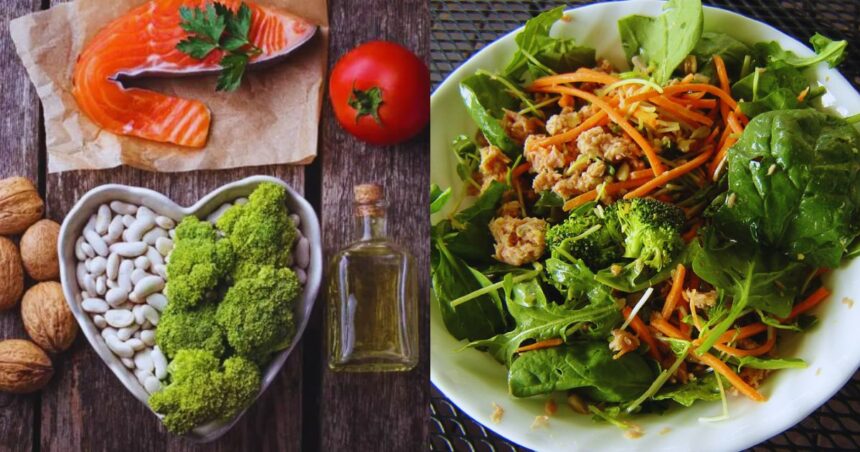If you thought just eating healthy is the key to achieving a fit body and pure gut health, you are probably only partially right. A new study from the University of Southampton and Mass General Brigham reveals that when you eat could be just as important as what you eat, especially for your heart.
Researchers have found that eating at night, in general, affects heart health and found that eating only during the day can reduce risks linked to cardiovascular issues. Professor Frank Scheer, a leading expert on body clocks, explained that “Mistiming your meals can mess with your internal clock and increase heart risks. But eating during the day helps avoid that.”

As per The Irish Star, the research was published in Nature Communications, and the results were declared after this experiment was tested with 20 healthy participants who were working at night.
Those who ate during the daytime reported a better heart-related outcome, including autonomic nervous system markers, plasminogen activator inhibitor-1 levels (which boost blood clot risks), and blood pressure, compared to those who ate in daylight. Moreover, certain food items specifically improve heart health; certified dieticians and cardiologists have approved them. that. We have crafted the top five items for you; read ahead to find out.
Salmon
View this post on Instagram
Salmon happens to be a fish that acts as a great source of protein for the bone and muscle. Various delicacies can be made out of it once it’s properly cleaned and elegantly chopped after being fished fresh from the coastal seas.
View this post on Instagram
Moreover, Dr. Jay Shah, cardiologist and chief medical officer at Hilo, said, “I’d recommend including foods like salmon, which is packed with omega-3 fatty acids that can help reduce inflammation and support healthy cholesterol levels.” As per Healthline, consuming two servings of farmed salmon per week increased omega-3 blood levels by 8–9% and decreased omega-6 levels after 4 weeks.
Oats
View this post on Instagram
A common American breakfast, oats are another healthy option that can boost heart health. It can be eaten with nice boiled milk, where you can add extra condiments like chia seeds, fruits and nuts. In India, a spicier and more flavorful kind of oats known as ‘masala oats’ is also widely popular.
Full of fiber and complex carbs, oats help control blood sugar and lower bad LDL cholesterol. Moreover, Dr Jay Shah says, “I often suggest overnight oats or porridge with berries as an easy daily option.”
Leafy Greens
View this post on Instagram
Even though many people might not like a lot of leafy vegetables, they can actually do wonders for your heart health. Spinach and kale are packed with nitrates and potassium, which improve blood flow and help lower blood pressure. Toss them in with your tofu, drizzle some olive oil, and make a nice salad with it. Other mouthwatering dishes include a nice stir-fry or also using them in burgers and sandwiches.
Extra virgin olive oil
View this post on Instagram
This heart-healthy oil is loaded with antioxidants called polyphenols that reduce oxidative stress and inflammation and healthy fats. It’s a multipurpose product that can be used in homemade dressings and dips, salads and soups, or stews as a finishing touch. It is mostly used for low-temperature cooking and not deep frying, which is a good thing, as deep-fried food should be avoided anyway.
Tomatoes
View this post on Instagram
Unpopular opinion: adding tomatoes to your diet is more important than merely looking like a cute tomato when you start blushing in front of your crush. ( funny but true) It is full of lycopene, a powerful antioxidant that protects cholesterol from damage. Other items that you can add to the list also include fermented dairy, like yogurt, which contains probiotics that may help reduce blood pressure.
Therefore, if you are someone who works late hours or follows an irregular routine, eating in the daytime is a better option. Few others can also follow intermittent fasting, which means a diet style comprised of periods of eating and fasting. It focuses on when you eat rather than what you eat, which is a good way to start shifting your body’s clock to get acclimatized to eating in the daytime and keep your weight in check.




